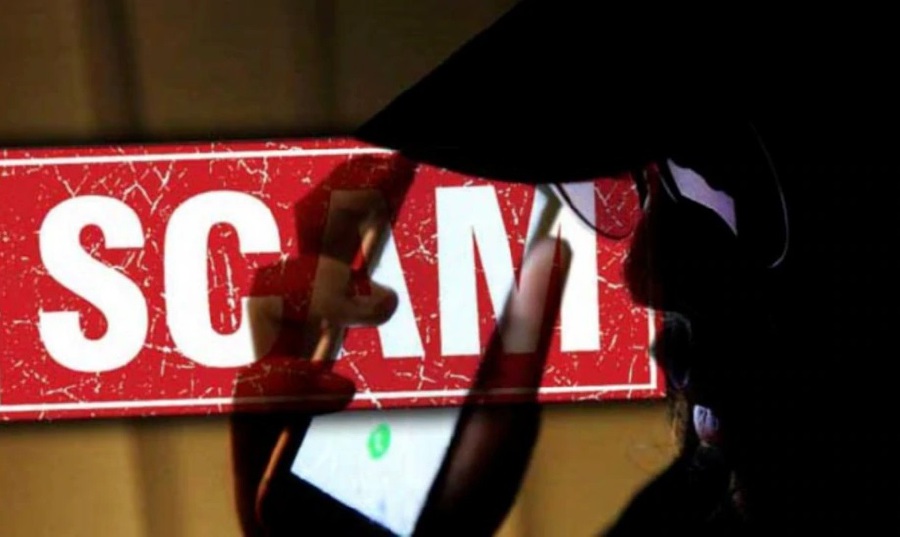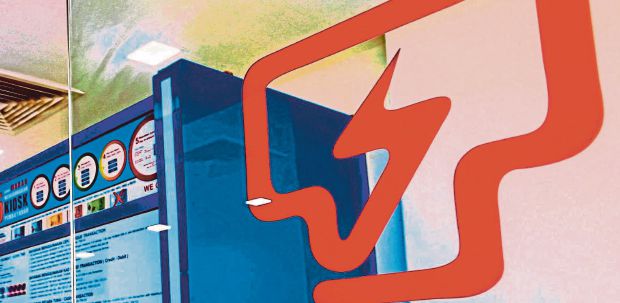AS the economy starts to gather pace following the Covid-19 pandemic, businesses that had stalled during the lockdown are trying to regain their footing. While some are trying to recoup their losses by jacking up prices (shipping industry, yes?), many are just getting to the grips of the situation.
While this has been going earnestly, another side of the coin sees people with fraudulent intent trying to earn big bucks the easy way. Their ingenuity knows no bounds -- love scams, parcel scams, income tax scams, credit card verification scams, accidental fund transfer scams, and even religious pilgrimage scams!
Hence, legitimate businesses ought to be mindful of the likelihood of fraud that could be executed in a seemingly legitimate way. Or even by individuals purportedly having a good standing in the business community. These crooks either go to great lengths to stamp their standing, either from their titles or perceived connections with some untouchable higher-ups.
Often, they would claim that they've a sure-fire conduit to earn you a fortune quickly. Don't fall for such ruses. Things gained through unjust fraud are never secure, Greek philosopher Sophocles once said.
In the past, we have heard of inventory fraud when some party would order a few items from a supplier and pay almost immediately to gain trust initially. This would go on for several transactions until the fraudster goes in for the kill by ordering several big-ticket items before absconding without paying.
A manufacturer of window frames in Cheras, Selangor recently told me how he was allegedly duped by a property developer with a listing in an overseas stock exchange. He was initially thrilled when he got a supply contract to install window frames in a government-funded educational institution project. An agreement was signed with one of the subsidiary companies of the developer undertaking the construction.
After the manufacturer had finished his job, he thought it was a simple case of collecting what was due to him. He didn't foresee that the developer, who also has a string of companies, would claim that the construction subsidiary concerned didn't have money to pay as it was also owed money by other companies. At the same time, the manufacturer also found out that particular subsidiary was left with an almost empty shell as its assets were transferred to other entities connected with the developer!
Faced with no alternative, the manufacturer sued the subsidiary and won the case. But he still hadn't gotten his money back as the debtors appealed for a stay of execution while seeking to work out an arrangement to further defer payment besides proposing a massive repayment haircut over a longer-term.
Another building contractor from Klang also confided in me that he too was swindled of a hefty sum by a customer who refused to honour his debts, using the same web of deceit.
Recently, a titled individual and his group of companies were sued by foreign investors for purportedly undertaking a fraudulent scheme, which led to losses incurred by the plaintiffs in an energy-related project. The ruse sounded somewhat similar to the window frames maker as the assets in the so-called joint venture were also in the process of being transferred to other related entities.
Along the way were the usual narratives of financial constraints and inability to make good investments under a huge and intricate web of deceit.
Business fraud takes place when companies or individuals illegally or dishonestly scheme to provide a favourable financial outcome to the perpetrators who operate under a façade of legitimate business practices, thus making it difficult to spot initially. As we navigate the minefield to avoid crooks and hustlers, it's best to remember what Carlo Collodi, author of Pinocchio, said: "Never trust people who promise to make you rich in a day. They are generally crazy swindlers!"
A lawyer suggested that if one had doubts over the ability of a business partner to pay, it would be best to subject the person to a personal bond or guarantee of their directors, no matter how unsavoury it would appear or sound.
Alternatively, ensure that the customer provides security for payment in the form of trade lines such as Letters of Credit. It would be better to walk away from a doubtful deal if the would-be business partner doesn't agree. Just remember that having a bird in the hand is worth two in the bush.
*The writer is a former Bernama chief executive officer and editor-in-chief
The views expressed in this article are the author's own and do not necessarily reflect those of the New Straits Times






